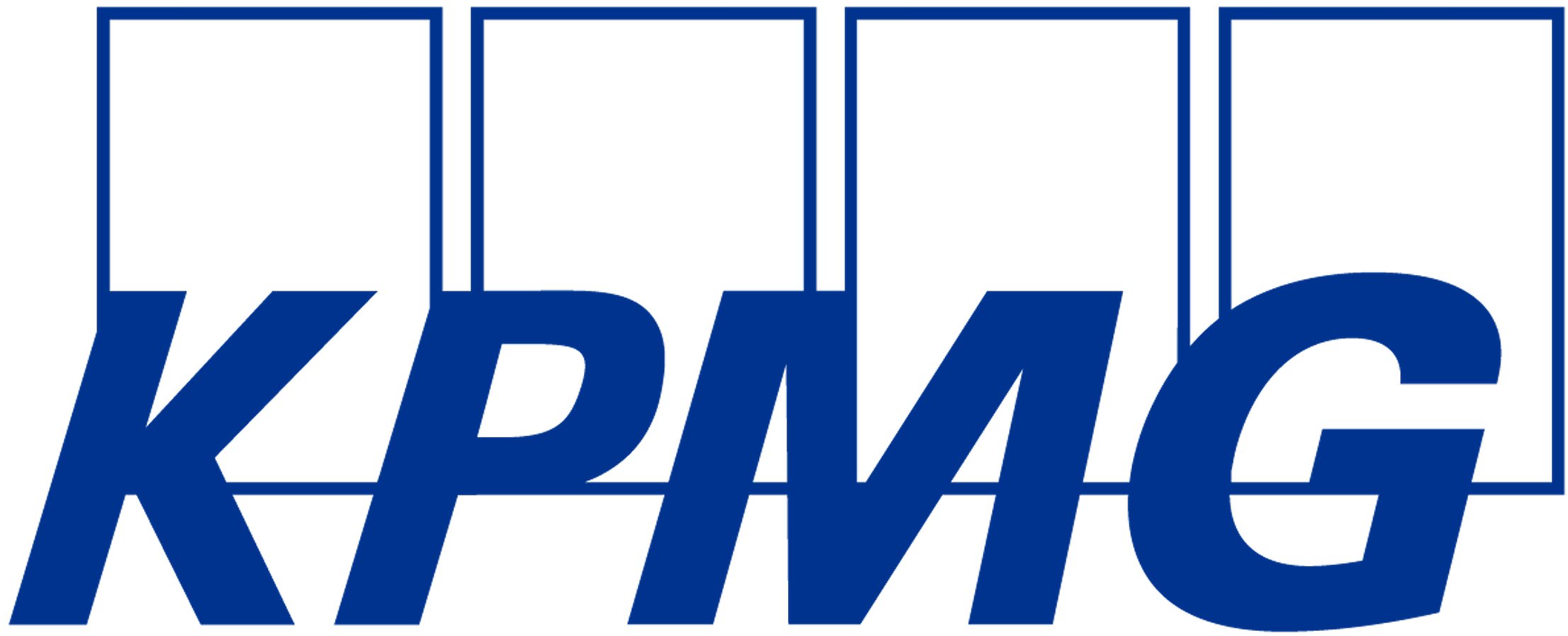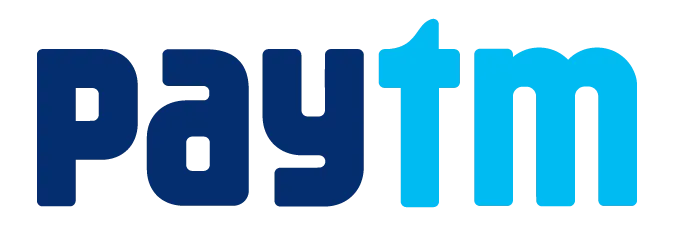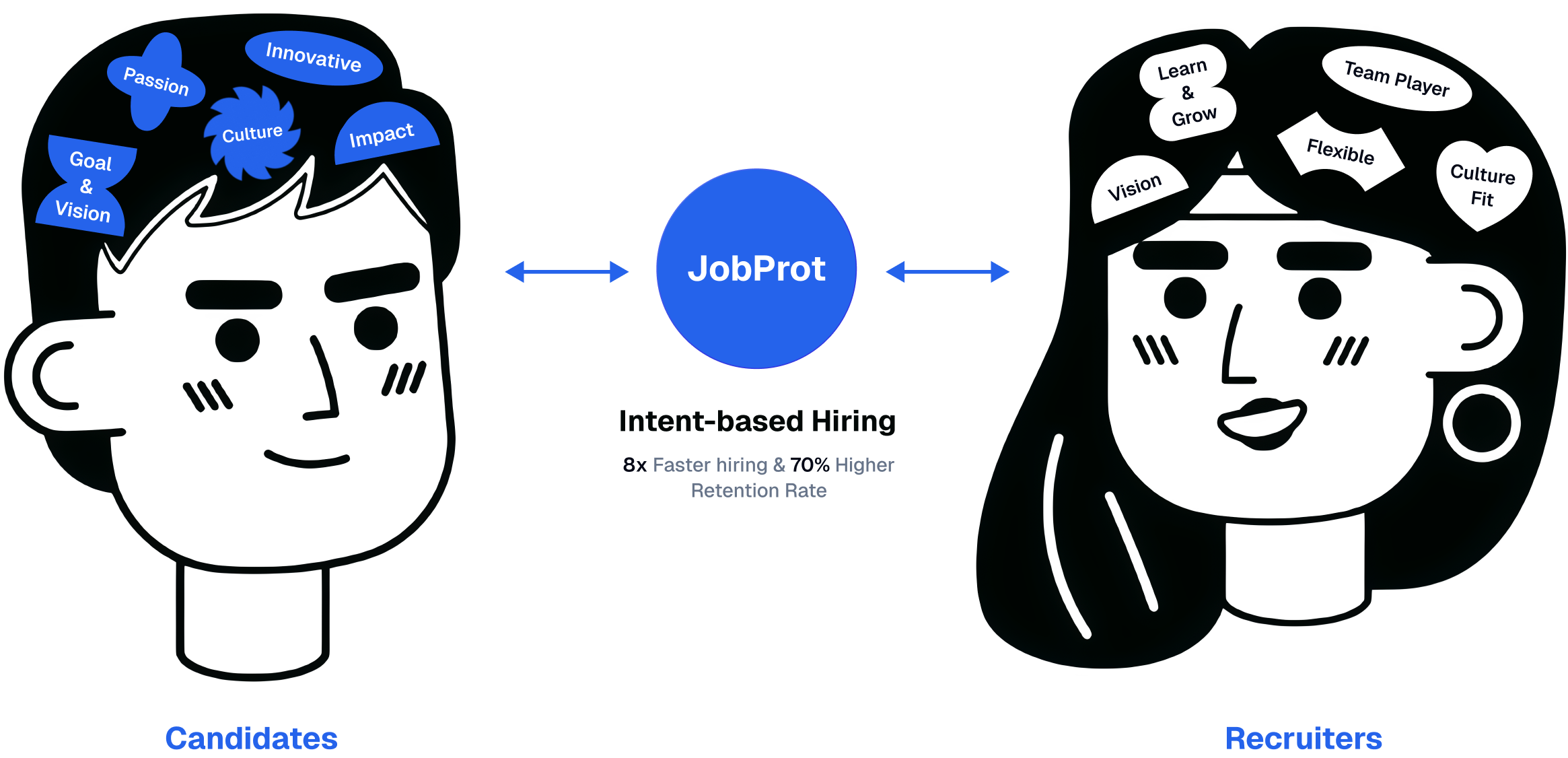Should You Work at a Startup or MNC in 2025? Complete Fresher Guide
Should freshers join startup or MNC in 2025? Compare salary (₹4.8-8L vs ₹6.5-12L), learning speed, work-life balance, growth. NASSCOM data + real success stories.
30,000+ Job Opening At Your Dream Companies













Why This Matters
Should You Work at a Startup or MNC in 2025?
For freshers graduating in 2025, choosing between a startup and an MNC (Multi-National Corporation) is one of the most crucial career decisions you'll make. This choice fundamentally shapes your learning curve, skill development, career trajectory, work culture experience, and professional network for years to come. According to NASSCOM's 2024 Employability Report, 68% of freshers who start at startups develop faster technical and leadership skills compared to 42% at large MNCs, but MNCs offer 35% higher average starting salaries (₹6.5L vs ₹4.8L) and significantly better job security during economic downturns.
Startup vs MNC: Complete Comparison for Freshers (2025 Data)
| Factor | Startup (2025) | MNC (2025) |
|---|---|---|
| Average Salary (Fresher) | ₹4.8-8L (varies widely by funding) | ₹6.5-12L (more standardized) |
| Learning Speed | 68% report faster skill development (NASSCOM) | 42% - structured but slower |
| Job Security | Lower - 22% layoff rate in downturns | Higher - 8% layoff rate |
| Ownership & Impact | High - own features/products from day 1 | Limited - work on small parts of large systems |
| Work-Life Balance | Challenging - avg 52 hrs/week | Better - avg 45 hrs/week |
| Growth Speed | Fast - promotion in 1-2 years | Slower - promotion in 2-4 years |
| Tech Stack Exposure | Broader - full-stack, DevOps, product | Deeper - specialized in specific tech |
| Brand Value on Resume | Lower initially, higher if startup succeeds | Higher - recognized globally |
| Equity/Stock Options | Yes - ESOPs worth ₹5-50L if IPO/exit | Limited - RSUs only at senior levels |
| Training Programs | Learn by doing - 78% self-taught | Structured - 6-12 month formal training |
Who Should Choose a Startup? (Based on Personality & Goals)
Choose a startup if you prioritize rapid learning and hands-on ownership over immediate financial security. According to LinkedIn's 2024 Career Paths Study, freshers who spend their first 2 years at startups develop:
- Full-stack capabilities 2.3x faster - exposure to frontend, backend, DevOps, databases, cloud deployment
- Product thinking and user empathy - 72% understand business metrics vs 34% at MNCs
- Leadership skills earlier - 45% lead teams within 18 months vs 8% at MNCs
- Problem-solving resilience - learn to debug production issues, handle ambiguity, ship with imperfect information
- Direct CEO/CTO mentorship - 65% report weekly interactions with founders vs 5% with senior leadership at MNCs
Ideal startup candidates: Self-starters comfortable with ambiguity, builders who want to see direct impact of their work, those willing to sacrifice initial salary for equity upside and faster growth, curious learners who thrive without hand-holding, entrepreneurial mindset (may start own venture later), and those passionate about solving specific problems (fintech, edtech, logistics, healthtech).
Real Fresher Success Stories at Startups (2024-2025)
Priya S., SDE at Razorpay (joined as fresher 2023): "Joined at ₹6.5L, promoted to SDE-2 in 14 months at ₹14L + ₹12L ESOPs. Owned the payment reconciliation feature used by 50,000+ merchants. At an MNC, I'd still be fixing minor bugs in a legacy codebase."
Arjun M., Product Engineer at Zepto (fresher 2023): "Started at ₹8L. Within 18 months, led the dark store inventory optimization system that reduced wastage by 22%. My ESOPs are now worth ₹35L after Series E. Learned React, Node, PostgreSQL, Redis, AWS - full stack in one role."
Who Should Choose an MNC? (Based on Priorities & Risk Tolerance)
Choose an MNC if you value structured learning, financial stability, and global brand recognition. According to Deloitte's 2024 Graduate Employment Survey, MNC freshers benefit from:
- Comprehensive training programs - 6-12 months of formal technical and soft skills training worth ₹3-5L
- Better work-life balance - average 45 hours/week vs 52 hours at startups (Glassdoor data)
- Global exposure opportunities - 28% get international projects or transfers within 3 years
- Defined career paths - clear progression from Associate → Analyst → Senior Analyst → Team Lead
- Better benefits - health insurance (self + family), retirement benefits, performance bonuses (15-25% of CTC)
- Job security during downturns - 8% layoff rate vs 22% at startups during 2023 slowdown
Ideal MNC candidates: Those with family financial responsibilities requiring stable income, individuals who prefer structured guidance over independent learning, those planning higher education (MS/MBA) who need respected brand names, candidates who value process and best practices over speed, those seeking global career mobility, and individuals who prefer specialized depth in one technology (Java, SAP, Data Engineering).
Real Fresher Success Stories at MNCs (2024-2025)
Sneha R., Software Engineer at Google Bangalore (joined 2023): "Started at ₹18L (₹12L base + ₹6L RSUs). Worked on Google Maps optimization with mentorship from senior engineers. Learned scalability at 1 billion+ user level. On track for L4 promotion in 2026 at ₹35L+. Brand value helped me get admits from Stanford for MS."
Karthik V., Associate Consultant at Deloitte (fresher 2023): "₹7.5L starting package with 6-month training in SAP FICO. Traveled to Dubai and Singapore for client projects in year 2. Work-life balance allowed me to complete CPA certification. Promoted to Consultant at ₹11L in 2025."
The Hybrid Approach: Best of Both Worlds (Recommended for 2025)
Many successful professionals in 2025 follow a strategic hybrid career path. According to AngelList's Career Trajectory Report 2024:
Path 1: MNC First → Startup (40% of successful tech leaders)
- Years 0-2: Join MNC (Google, Microsoft, Amazon, Accenture) - learn best practices, build foundational skills, develop structured thinking
- Years 3-5: Move to high-growth startup (Series B/C) - apply learnings at scale, take ownership, accelerate growth
- Benefit: Startup respects your MNC training; you bring process and discipline; higher salary negotiation power
- Example: Flipkart, Swiggy, and Razorpay actively hire from Google/Amazon with 40-60% salary jumps
Path 2: Startup First → MNC/Big Tech (35% of successful professionals)
- Years 0-3: Join early-stage startup (Seed to Series A) - rapid skill development, full-stack experience, ownership
- Years 4-6: Move to FAANG/Big MNC at senior level - better compensation, global exposure, work-life balance
- Benefit: Startup experience differentiates you; demonstrate initiative and problem-solving; join FAANG at L4/L5 instead of L3
- Example: Meta and Google actively hire startup engineers who've shipped products end-to-end
2025 Job Market Reality: Where Are Opportunities?
According to NASSCOM's 2025 Hiring Trends Report and LinkedIn's Workforce Insights:
- Startups hiring actively (2025): Fintech (Razorpay, CRED, Jupiter), Quick Commerce (Zepto, Blinkit, Swiggy Instamart), SaaS (Freshworks, Chargebee, Postman), D2C Brands (Mamaearth, BoAt, Sugar Cosmetics), AI/ML companies (Ola Krutrim, Sarvam AI)
- MNCs hiring freshers: Google, Microsoft, Amazon, Deloitte, Accenture, TCS, Infosys, Wipro, Cognizant, Capgemini
- Hybrid opportunities: Flipkart, Swiggy, PhonePe, Paytm, Meesho (well-funded startups with MNC-like structure and benefits)
- Highest demand roles: Full-stack developers (React + Node.js), AI/ML engineers (Python, TensorFlow), DevOps engineers (AWS, Docker, Kubernetes), Product managers (0-2 YOE APM programs), Data analysts (SQL, Python, Power BI)
How JobProt Helps Freshers Choose the Right Path
JobProt (100% free for candidates) matches you with opportunities based on your career goals, learning style, risk tolerance, and growth priorities—not just keywords on your resume:
- Intent-based matching: Our AI understands whether you prioritize rapid learning (startup) vs structured training (MNC)
- Direct company access: Apply to 500+ startups (Razorpay, Zepto, CRED) and MNCs (Google, Microsoft, Deloitte) without ATS barriers
- AI mock interviews: Practice for both startup (product-focused, full-stack) and MNC (algorithmic, behavioral) interview styles
- Career guidance: Get personalized advice on which path suits your personality and 5-year career vision
- Salary transparency: Compare actual fresher salaries at startups (₹4.8-8L) vs MNCs (₹6.5-12L) before applying
Frequently Asked Questions: Startup vs MNC for Freshers
Q: Which pays better for freshers in 2025 - startup or MNC?
A: MNCs typically offer 20-35% higher base salaries (₹6.5-12L vs ₹4.8-8L at startups). However, well-funded startups (Series B+) like Razorpay, Zepto, and CRED offer competitive packages (₹8-12L) with valuable ESOPs. Including equity, total compensation at successful startups can exceed MNCs within 3-4 years. Example: ₹8L startup package + ₹15L ESOP value after Series C = ₹23L effective compensation vs ₹14L at MNC after 3 years.
Q: Will starting at a startup hurt my chances of joining FAANG later?
A: No - actually the opposite. LinkedIn's 2024 data shows that 42% of FAANG mid-level engineers (L4/L5) have startup experience on their resume. Google, Meta, and Amazon actively recruit from successful Indian startups like Flipkart, Swiggy, and Razorpay. Your startup experience demonstrates: (1) Full-stack ownership and product shipping ability, (2) Problem-solving in ambiguous environments, (3) Faster execution and bias for action. You may even join FAANG at a higher level (L4 instead of L3) with 2-3 years of strong startup experience.
Q: What if the startup I join shuts down? Will I be unemployed?
A: Risk exists - 18% of early-stage startups (Seed/Series A) shut down within 2 years (YourStory 2024 data). However: (1) Join funded startups (Series B+) with 18-24 months runway - failure rate drops to 6%, (2) Skills you develop (React, Node, AWS, product thinking) are highly transferable, (3) Startup engineers find new roles 40% faster than MNC engineers (avg 3 weeks vs 7 weeks) due to broader skill sets. Many successful engineers worked at 2-3 startups early in their career - each closure was a learning experience, not a failure.
Q: Which is better for work-life balance - startup or MNC?
A: MNCs offer significantly better work-life balance. Glassdoor 2024 data: MNC employees work avg 45 hours/week vs 52 hours at startups. MNCs have defined leaves (24-30 days/year), strict weekend-off policies, and better boundaries. Startups often require weekend work during launches, on-call rotations, and tight deadlines. However, startups offer flexibility - remote work, flexible hours, casual dress code, and no micromanagement. Choose based on your life stage: If you have family responsibilities or health concerns, prefer MNC. If you're young and energetic, startup intensity accelerates learning.
Q: Should I choose a well-funded startup or early-stage startup as a fresher?
A: For freshers, Series B/C funded startups offer the best balance - they have product-market fit, 2+ years runway, better compensation (₹7-12L), structured onboarding, and mentorship from senior engineers. Early-stage startups (Seed/Series A) are risky for freshers - you may not get proper guidance, salary is lower (₹4-6L), and shutdown risk is higher (18%). Exception: If you're extremely self-driven and want maximum ownership, join an early-stage startup founded by experienced entrepreneurs with strong technical co-founders.
Q: How do I evaluate if a startup is worth joining as a fresher?
A: Check these 7 factors: (1) Funding: At least Series A with 18+ months runway (check Crunchbase, YourStory), (2) Founders: Previous startup experience or strong technical background (check LinkedIn), (3) Growth metrics: Revenue growing 2x+ YoY, or user base expanding rapidly, (4) Engineering team: 15+ engineers with seniors from good companies (Google, Flipkart, etc.), (5) Culture: Check Glassdoor reviews - look for "good learning" and "supportive team" mentions, (6) Product traction: Real users/customers, not just an idea or prototype, (7) Compensation: Offer at least ₹6L+ with meaningful ESOPs (0.05-0.1% equity for freshers).
Q: Can I negotiate better at a startup or MNC as a fresher?
A: Startups offer 3-4x more negotiation flexibility. MNCs have rigid fresher salary bands (e.g., ₹6.5-7L for all Batch 2025 hires) with almost zero room to negotiate. Startups evaluate individually - if you have strong projects, good college, or competing offers, you can negotiate 15-30% higher salary or better ESOP allocation. Negotiation leverage at startups: Open-source contributions, personal projects (GitHub with 1000+ stars), internship at reputed company, competing offer from another startup, niche skills (Rust, Go, AI/ML).
Q: Which path is better for MBA aspirants - startup or MNC?
A: MNC brand helps more for MBA admissions, especially at IIMs and international B-schools (Harvard, Stanford, Wharton). Admissions committees recognize companies like Google, Microsoft, Deloitte, McKinsey instantly. However, startup experience can differentiate your profile if: (1) You achieved measurable impact (e.g., "Built feature used by 100K+ users"), (2) Leadership roles (e.g., Led team of 3 engineers as Associate Engineering Manager), (3) Startup had successful outcome (Series B+ funding or acquisition). Best approach for MBA aspirants: 2 years at MNC (brand + stability) → 1 year at high-growth startup (differentiation + impact stories) → Apply to MBA with well-rounded profile.
Final Recommendation: How to Decide in 2025
There's no universal "right" answer - the best choice depends on your personality, risk tolerance, financial situation, and 5-year career vision. Here's a simple decision framework:
Choose STARTUP if you answer "Yes" to 4+ of these:
- I'm comfortable with ambiguity and learning by doing
- I want to own features/products end-to-end from day 1
- I can afford some salary sacrifice for faster career growth
- I thrive in fast-paced, chaotic environments
- I want exposure to multiple tech stacks (full-stack)
- I may start my own company in 5-7 years
- I don't have major financial responsibilities right now
- I value equity upside potential over guaranteed stability
Choose MNC if you answer "Yes" to 4+ of these:
- I prefer structured training and clear career progression
- I have family financial responsibilities requiring stable income
- I value work-life balance and defined working hours
- I want to specialize deeply in one technology (Java, SAP, Cloud)
- I plan to pursue higher education (MS/MBA) in 2-3 years
- I want global career mobility and international opportunities
- I prefer established processes and best practices
- Job security during economic downturns is my priority
Start Your Career Journey with JobProt Today 🚀
Whether you choose startup or MNC, JobProt (100% free for candidates) connects you directly with 500+ companies hiring freshers in Bangalore, Mumbai, Delhi, Hyderabad, and Pune. Skip ATS barriers, get AI-powered interview prep, and apply to roles matching your career goals with one click.
Join 10,000+ freshers who found their dream first job through intent-based matching on JobProt. Your perfect startup or MNC opportunity is waiting! 🎯
What JobProt Does
For job seekers, our intent-based hiring system matches you to opportunities that align with your career aspirations, not just keywords. Jack, your AI career assistant, understands your ambitions, intent and goals to give best job matches.
Skip the endless job boards and generic applications. Get matched to roles where companies are actively seeking candidates with your specific background and experience. Join 10,000+ professionals who've landed their ideal roles through our intelligent matching system.
JobProt Has a Better Way to Match
JobProt connects talented candidates and companies through intent-based matching, eliminating the broken keyword system entirely.

We're The Change, The World Needs
Experience the future of hiring where your personality and potential matter more than just your resume.
Intent-Based AI Matching
AI analyzes your career goals and values to match you with roles that align with your true intentions, not just keywords.
AI Interview Practice & Feedback
Practice with AI-powered mock interviews and get detailed feedback on your performance, communication skills, and technical responses.
Rahul Arora
Software Engineer
EXPERIENCE
Senior Software Engineer
Google Inc. • 2021 - Present
Frontend Developer
Meta • 2019 - 2021
SKILLS
EDUCATION
BS Computer Science
Stanford University • 2015 - 2019
PROJECTS
Create Once, Apply Everywhere
Build your profile once and apply to multiple websites, companies with intelligent customization.
One-Click Applications
Submit optimized profiles to perfect-match positions with a single click, saving hours of work.
Why Intent-First Hiring Wins For Candidates
Side-by-side comparison of the candidate journey on JobProt versus legacy job boards and ATS systems.
| Criteria | Others  | |
|---|---|---|
| Profile Creation | Intent, ambition, and goals captured with our "Jack AI" before a resume is created. Intent mapped before resumes | ATS parsing is keyword-only; recruiters never see the “why” behind an application. No intent insight |
| Job Matching | Intent + verified skills precisely matched with jobs for each candidate. Only best matches surface | Every job seeker scrolls identical feeds and applies broadly to stay visible. Generic keyword feed |
| Application Experience | One-click apply with auto-tailored pitch, Notion-ready profile, and progress nudges. Frictionless 1-click apply | Upload resume, rewrite cover letters, and answer knock-out questions every time. Manual busywork |
| Interview Preparation | Role-specific mock interviews, improvement curriculum with our rich integrations. Guided prep experience | Candidates piece together tips from blogs and forums with no recruiter context. DIY & inconsistent |
| Job Satisfaction | Intent-aligned roles with clear growth trajectory mean faster starts and long-term engagement. Fast hires with lasting impact | Misaligned expectations create quick job hopping, forcing recruiters back to sourcing immediately. High churn risk |
*Others refers to keyword-driven job boards and marketplaces such as LinkedIn, Naukri, Indeed, Apna, and similar platforms.
Find The Right Role
That Values You
Ready to get into the job that grows you? Join thousands
who've found their perfect match.


